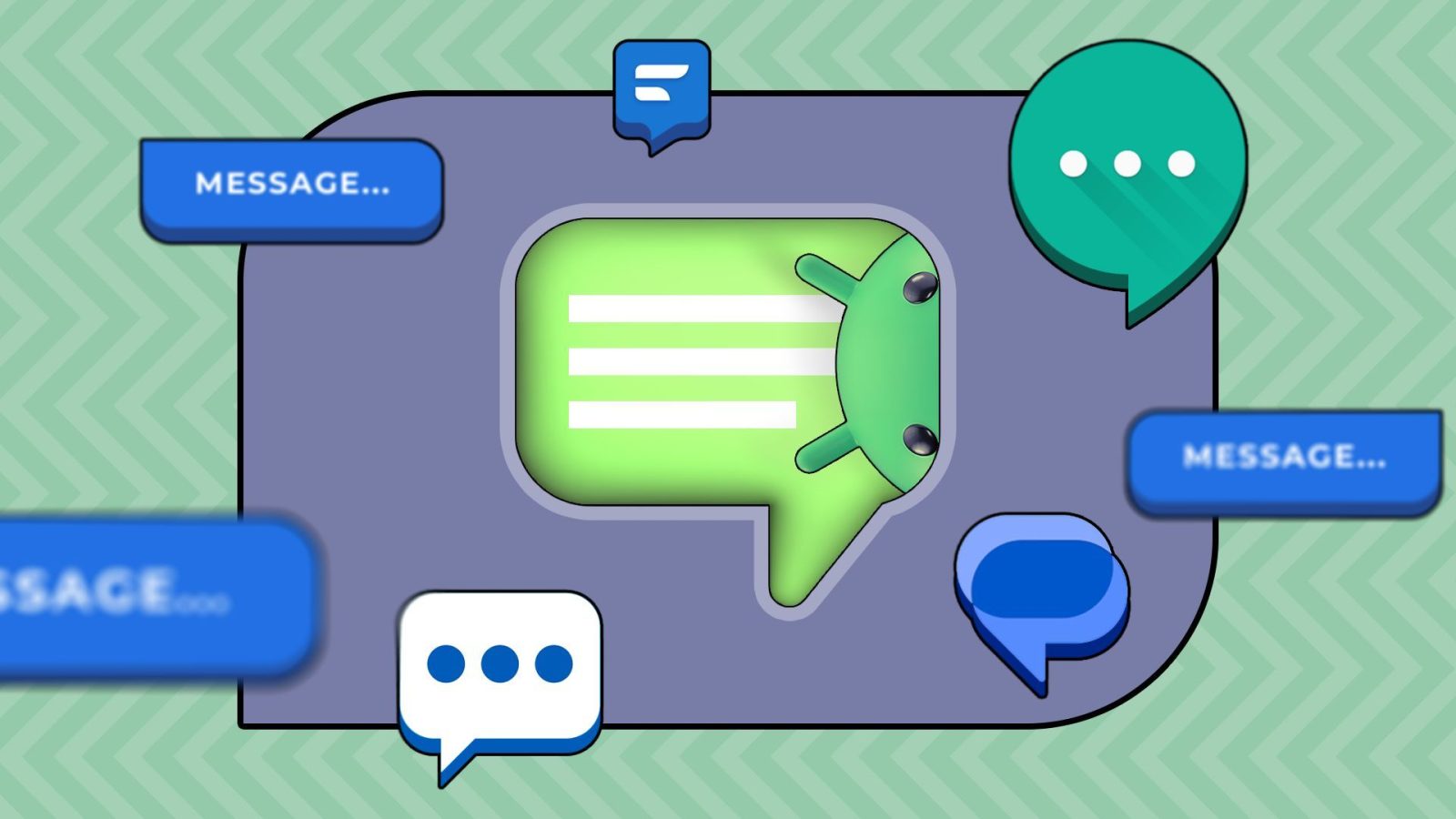Messaging on Android has always felt like a work in progress. While iPhone users have long enjoyed the simplicity and cohesiveness of iMessage, Android users continue to juggle multiple apps, protocols, and inconsistencies. Google has tried to bring order to this chaos through RCS (Rich Communication Services). Despite years of effort, it is clear that RCS alone is not enough since most of us switch between Google Messages, WhatsApp, Telegram, Signal, Facebook Messenger, and even Instagram DMs. It may seem flawed, but this apparent messaging mess may be one of Android’s most underrated strengths.
0:53
Related
Google’s efforts to create a universal messaging platform
Remember Hangouts, Allo, and Duo?
Google has cycled through dozens of apps like Google Talk, Hangouts, Allo, and Duo to create a go-to messaging platform but ultimately failed. Even Google Messages with RCS is not the standard on every Android device, with other OEMs like Samsung pushing their apps. By contrast, Apple hit the jackpot early with iMessage baked into iOS.
Google’s latest effort, RCS, was supposed to be Android’s answer to iMessage. But RCS is a protocol, not an app, and its rollout has been far from smooth. Carrier support has been inconsistent, and early versions didn’t have end-to-end encryption. Even Apple initially resisted adopting the standard and only recently caved in to support RCS.
Although RCS now has end-to-end encryption (as long as both parties have RCS turned on) and is more widely supported, it still doesn’t feel like a universal standard. Worse, it exists alongside many other messaging services that people use daily. So why hasn’t Google forced a single messaging app into dominance? The answer might lie in Android’s philosophy of openness and flexibility.
Messaging freedom is a feature, not a flaw
Fragmentation isn’t all that bad
Source: Lucas Gouveia/Android Police | Fleur_de_papier/Shutterstock
Android’s fragmented messaging system can seem chaotic, but it also offers the freedom to choose the platform that best fits our needs. While WhatsApp is the go-to messaging app in some countries, privacy advocates love Signal, Telegram thrives on group chats and bots, and Messenger is a social hub for many.
One benefit of Android is that it doesn’t force you into a single ecosystem. The diversity in the messaging landscape also acts as a safeguard against monopolies. Innovation takes a backseat when one platform is the default. For example, iMessage hasn’t evolved much in the last five years. Apple has little incentive to reinvent it because it already has a captive user base. However, Android messaging apps compete constantly for attention, which has led to a faster evolution of features like disappearing messages, encryption, and cross-platform compatibility.
The benefits of a fragmented messaging system
Users enjoy privacy, control, and customization
Another benefit of Android’s decentralized messaging environment is the wide range of privacy and control options. You don’t get locked into a single method of communication. This flexibility has become increasingly important as concerns over privacy and data ownership grow. With iMessage, Apple makes all the choices for you. But Android lets you choose any messaging app.
You can use Signal if you want an app with minimal data collection and better encryption. Apps like WhatsApp and Telegram offer business tools and cross-platform syncing. And for everything else, Google Messages with RCS has you covered. Android also offers numerous customization options. You can change your default messaging app, tweak notifications settings, modify themes, and change per-app permissions.
The downsides of the Android messaging ecosystem
Coordinating with friends and family can get messy
Source: Catherine Vitechenko / Android Police
Despite the perks of not being tied down to a single messaging app, the flexibility comes at a cost. Deciding on a platform can get confusing since there’s no guarantee your contacts are on the same app. You might miss notifications since conversations can get scattered across multiple applications.
The situation gets even more convoluted in group chats. While iMessage makes it easy to create cohesive groups, Android users often default to WhatsApp or Telegram to keep everyone in sync. Even RCS can’t guarantee that group messages will work correctly across all carriers and devices.
The future of messaging on Android
Should Android have a single messaging app to rule them all?
Android may never have a universal messaging app, and perhaps it shouldn’t. Instead, Google could build APIs or services that allow syncing across apps, better notifications, or aggregated inboxes. It should offer a messaging hub that pulls chats from WhatsApp, Telegram, and Messages into one timeline. Better tools for switching between platforms or exporting chats should make it easy to jump between apps.
It’s also possible that regulation will push for interoperability, especially in Europe. The Digital Markets Act has already introduced legislation to ensure fairer competition in the digital market. In the future, regulations could require all platforms to open their protocols to competitors. That would fundamentally change how messaging works across platforms.
Related
10 Telegram tips for safe and secure chats
Minimize security risks and increase your privacy on Telegram
Embrace the chaos of Android messaging
The lack of a universal Android messaging app might frustrate those who want everything in one place. But the same fragmentation allows for choice, competition, and innovation in ways a universal app never could. While Apple opts for controlled simplicity, Android leans into complexity, customization, and user choice. Instead of chasing an iMessage clone, Android should continue to do what it does best: provide a platform where all messaging platforms can thrive. Users can pick what works best, while developers compete to build the best experience.

Leave a Reply